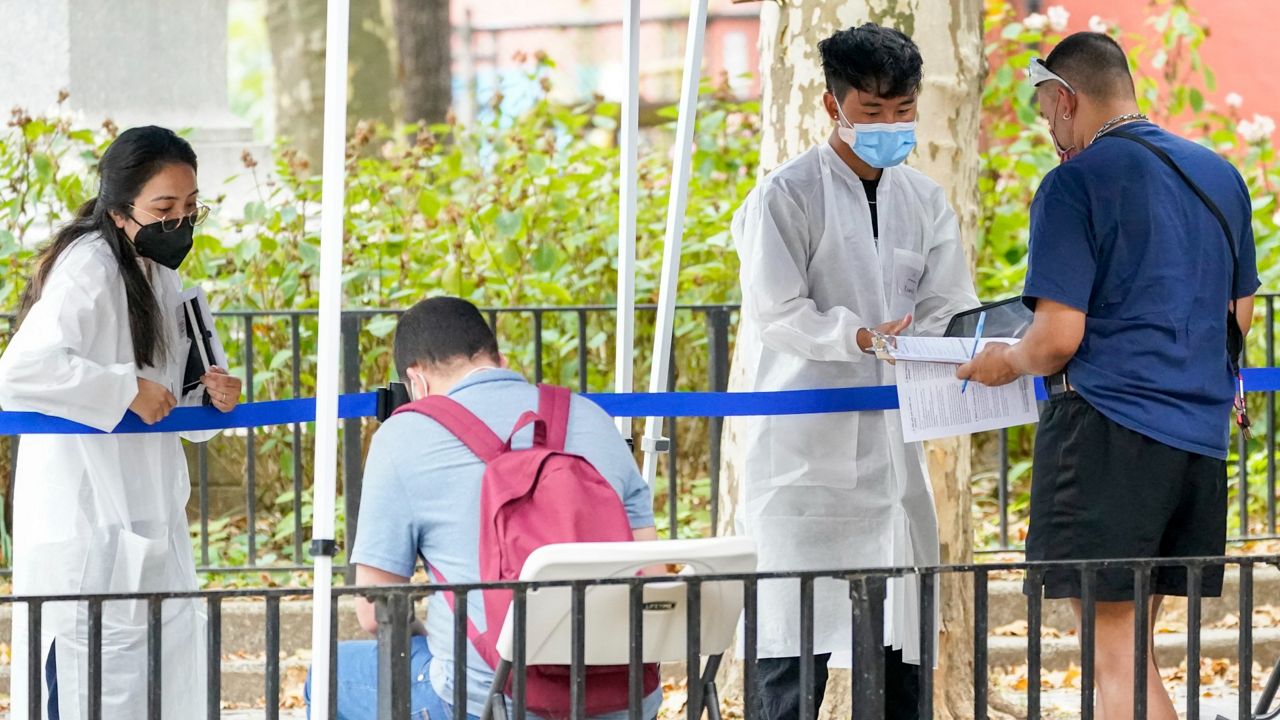A handful of city-run sexual health clinics that shifted to rapid COVID-19 testing and vaccination during the pandemic have begun offering sexual health services again, officials said Friday.
Five of the New York City Department of Mental Health and Hygiene’s eight sexual health clinics — including its Chelsea Express, Fort Greene Express and Corona clinics — are now offering sexual health services, the agency said in a press release.
At the Chelsea Express clinic’s “Quickie Lab,” machines that were being used to provide rapid COVID-19 testing are being “repurposed” for rapid chlamydia and gonorrhea testing, the release said.
And by the end of this month, the Corona clinic will be the first of the health department’s clinics to offer long-term HIV PrEP care, the release added.
“Currently our sexual health clinics offer PrEP initiation, with referrals to other health care providers for ongoing care,” the department said. “Our Corona clinic will now offer ongoing PrEP services to patients, including routine periodic testing and monthly prescriptions.”
The health department’s Fort Greene, Jamaica, Chelsea and Morrisania clinics will start offering vaccinations for MPV, also known as monkeypox, on Nov. 14, according to the release.
The department said gonorrhea, syphilis, and chlamydia are “common and curable,” but, “if left untreated, they can cause lasting health effects, including infertility and chronic pelvic pain.”
Syphilis, meanwhile, “can cause vision and hearing loss, dementia, paralysis, and can be passed from a pregnant person to their fetus (congenital syphilis),” the department said.
“Having an STI can also make it easier to get or transmit HIV. Most STIs have no signs or symptoms early on, so it is important to get tested routinely or if indicated, and treated promptly,” the release said. “Using condoms during sex can help prevent STIs, and PrEP is a safe and effective medicine to prevent HIV.”
The health department emphasized that its clinics will offer “low- to no-cost services” to patients ages 12 and up, including patients without health insurance, regardless of immigration status.
“Emerging from the worst of COVID-19, this role in our healthcare and public health systems has never been more important,” the city’s health commissioner, Dr. Ashwin Vasan, said in a statement. “Investments during COVID will support this critical piece of our routine public health infrastructure, and we’re thrilled to bring these services back and better than ever.”



